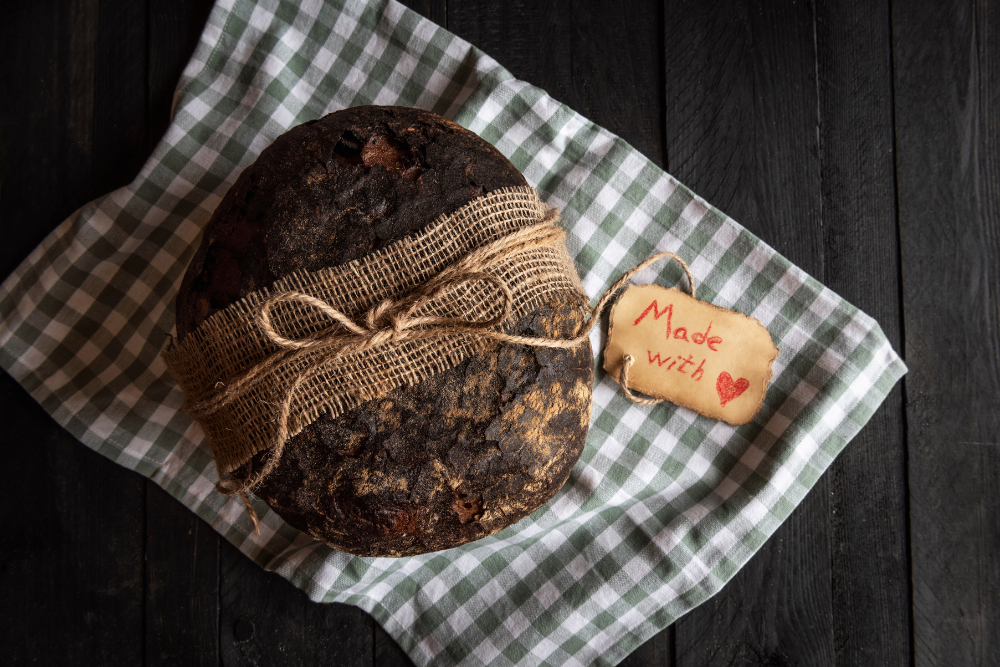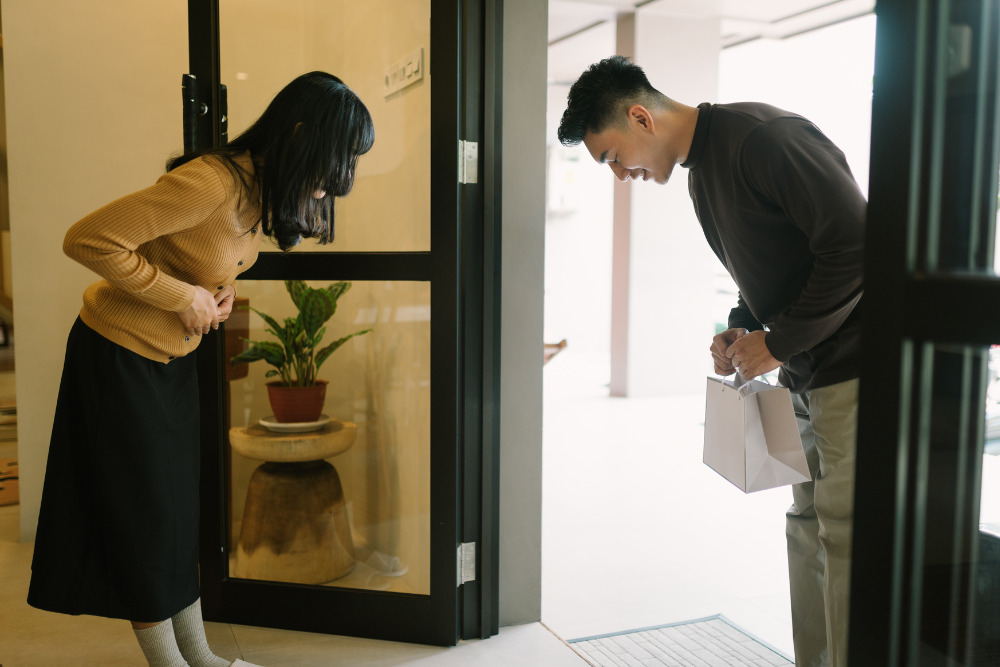France is a country deeply rooted in tradition, culture, and social etiquette. While travelers are always welcomed, understanding and respecting local customs can make your experience far more enjoyable. Whether you’re dining in a Parisian café, greeting locals in Provence, or navigating public transport in Lyon, knowing the basics of French etiquette will help you blend in and avoid common tourist mistakes.
This guide covers essential French etiquette rules for dining, social interactions, shopping, and general behavior, ensuring you have a smooth and culturally respectful trip.
1. Greetings and Social Interactions

The Proper Way to Say Hello
A polite greeting is essential in France. Whether entering a shop, restaurant, or even asking a stranger for directions, always start with:
- “Bonjour” (Good day) or “Bonsoir” (Good evening)
- “Madame” (for women) or “Monsieur” (for men)
Failing to greet someone before speaking is considered rude and can lead to cold responses.
La Bise: The French Kiss Greeting
In informal settings, many French people greet each other with la bise, a light kiss on both cheeks (though it’s more of a cheek-to-cheek air kiss). The number of kisses varies by region, from two in Paris to up to four in the south.
However, as a traveler:
- A simple handshake is perfectly acceptable in formal or new encounters.
- Wait for the other person to initiate la bise rather than assuming.
Using Formal Titles
The French value politeness and formality, especially when addressing strangers:
- Use “Madame” and “Monsieur” when speaking to shopkeepers, hotel staff, or restaurant servers.
- Avoid addressing people by their first name unless invited to do so.
- In professional or formal situations, use last names and titles (e.g., “Dr. Dupont” or “M. Lefevre”).
Even in casual interactions, saying “s’il vous plaît” (please) and “merci” (thank you) goes a long way.
2. Dining Etiquette: Do’s and Don’ts

Restaurant Manners
Dining in France is an art with its own set of unspoken rules:
✔ Wait to be seated: In many restaurants, a host will seat you rather than choosing your own table.
✔ Say “Bonjour” to the staff: Always greet restaurant staff upon arrival.
✔ Bread etiquette: Place bread directly on the table (not on your plate), and never butter it unless eating breakfast.
✔ Keep your hands on the table: But don’t rest elbows while eating.
Tipping Culture in France
Unlike in the U.S., tipping is not mandatory in France since service charges are already included in restaurant bills. However, leaving a small tip as a gesture of appreciation is common:
- 1-2€ per person for casual dining
- 5-10% of the bill for excellent service in upscale restaurants
- Rounding up the bill in cafés and taxis
Common Dining Faux Pas
❌ Do not rush your meal: The French enjoy long, leisurely meals.
❌ Do not ask for substitutions: French chefs take pride in their dishes, and customizing meals is uncommon.
❌ Do not split the bill in groups: It’s uncommon for French restaurants to separate checks. Instead, one person usually pays, and others reimburse later.
3. Shopping and Market Etiquette

In Stores and Boutiques
✔ Always greet the shopkeeper: A polite “Bonjour, Madame/Monsieur” upon entering is expected.
✔ Do not touch items excessively: In smaller shops, especially boutiques, ask before handling products.
✔ Bagging your own groceries: In supermarkets, customers bag their own items.
At Markets and Bakeries
✔ Wait your turn and be patient: The French love orderly queues and expect others to respect them.
✔ Do not touch fresh produce: Vendors will select and hand items to you.
✔ Learn key phrases: Saying “Je voudrais…” (I would like…) makes interactions smoother.
4. Public Transport and Street Etiquette

On Public Transport
✔ Offer your seat to elderly or pregnant passengers.
✔ Avoid loud conversations on buses, metros, and trains—French people value quiet spaces.
✔ Have your ticket ready before boarding to avoid delays.
Walking and Street Manners
✔ Keep to the right when walking on sidewalks and escalators.
✔ Do not block doorways or entrances, especially in busy metro stations.
✔ Greet shopkeepers even if you’re just browsing—acknowledging people is polite.
5. French Etiquette for Tourists: General Do’s and Don’ts

Do’s
✔ Try speaking French: Even basic phrases like “Merci” (Thank you) and “Excusez-moi” (Excuse me) are appreciated.
✔ Dress well: The French take pride in their appearance, and casual attire like sweatpants is generally avoided outside of sports or beaches.
✔ Respect meal times: Lunch is typically 12:00-2:00 PM, and dinner starts after 7:30 PM. Many restaurants close between lunch and dinner service.
Don’ts
❌ Do not expect ice in drinks: The French do not typically serve ice unless requested.
❌ Avoid loud conversations in public: Speaking too loudly is often seen as disruptive.
❌ Do not ask for a doggy bag: While becoming more accepted, taking leftovers home is not a common practice.
❌ Do not complain about slow service: Dining is meant to be leisurely, so expect meals to take longer than in the U.S.
6. French Cultural Sensitivities
Politics and Personal Topics
- Avoid discussing money: Talking about wealth or salaries is considered impolite.
- Be cautious when discussing politics: The French love debating but can be passionate about their views.
- Do not assume everyone loves Paris: Many French people have mixed feelings about their capital city.
Photography Etiquette
- Always ask before taking photos of people, especially at outdoor markets.
- Avoid flash photography in museums and churches unless explicitly allowed.
Final Thoughts
Understanding French etiquette is not about following rigid rules but rather about showing respect for local customs. While mistakes are natural, making an effort to embrace French manners will enhance your travel experience, help you blend in with locals, and ensure warmer interactions.
By greeting people properly, respecting dining customs, and being mindful of social etiquette, you’ll find that the French are welcoming, polite, and appreciative of travelers who respect their culture. So, whether you’re sipping wine in Bordeaux, shopping in Paris, or exploring Provence, remember these key etiquette tips to make the most of your time in France!












